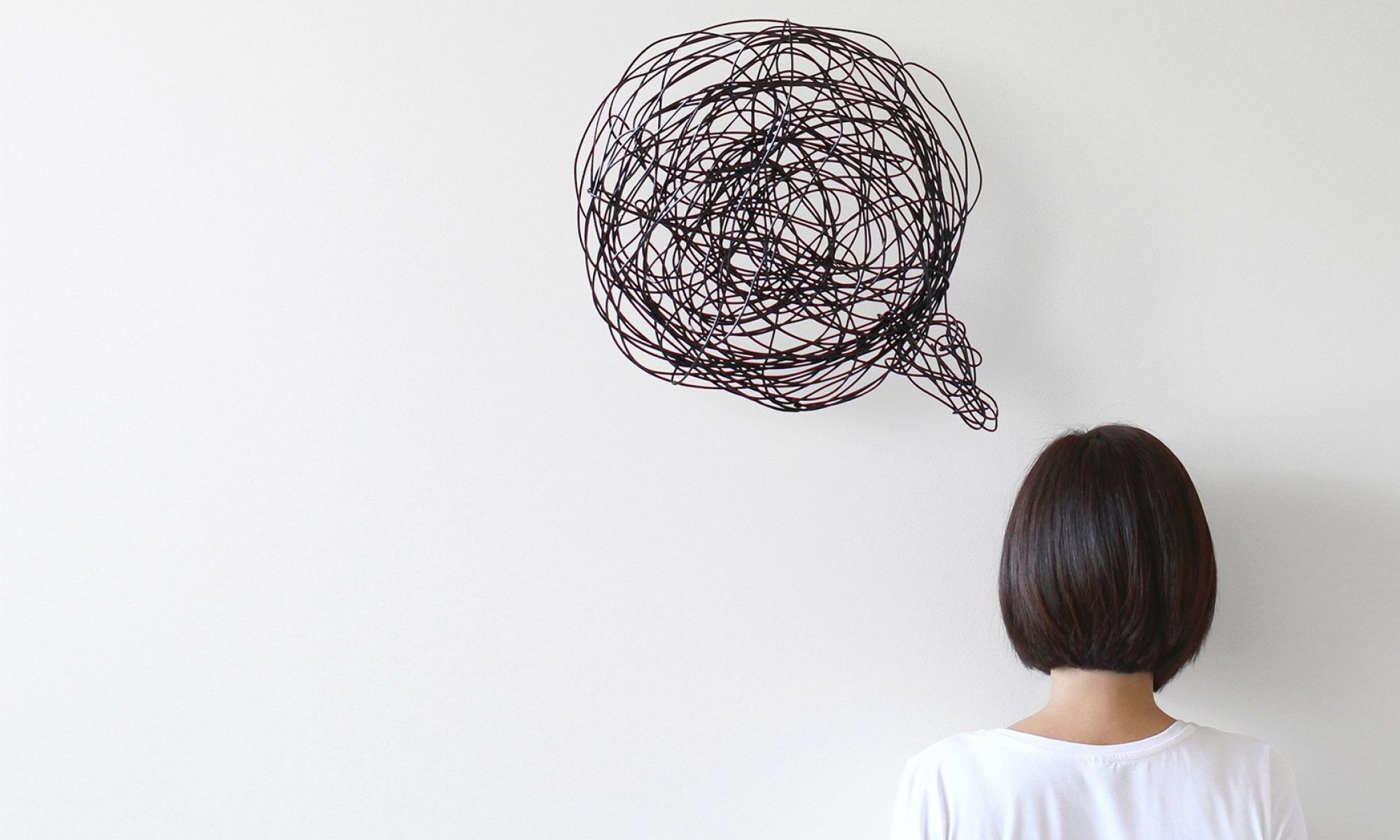By Loretta Breuning for Forbes
Our brain is not designed to create happiness, as much as we wish it were so. Our brain evolved to promote survival. It saves the happy chemicals (dopamine, serotonin and oxytocin) for opportunities to meet a survival need, and only releases them in short spurts which are quickly metabolized. This motivates us to keep taking steps that stimulate our happy chemicals.
You can end up with a lot of unhappy chemicals in your quest to stimulate the happy ones, especially near the end of a stressful workday. There are a number of reasons why your brain goes negative. The bad feeling of cortisol has its own survival purpose. It alerts you to an obstacle on the path to meeting your needs so you can navigate your way to good feelings. But once you do that, your brain finds the next obstacle. You will feel bad a lot if you follow your survival brain wherever it leads. Fortunately, there’s a simple way to rewire this natural negativity.
Let’s start with an example I call the Dog Poop Paradox. Pet mess was everywhere when I was young because picking up after your pooch was not the norm. Then customs changed and the streets were gloriously cleaner. Did that make anyone happy? NO. People barely noticed. They do notice an oops, however, and they get plenty mad about it.
Build Yourself A Positivity Circuit
Negativity will engulf you unless you build yourself a positivity circuit. To do that, spend one minute looking for positives, three times a day for forty five days. This trains your brain to look for positives the way it is already trained to look for negatives.
You may think there aren’t enough positives in the awful world around you. But you don’t have to perform in Carnegie Hall and rescue orphans from burning buildings to create positivity. Any positives, no matter how small, will build the pathway that seeks and expects positives. Just appreciate the absence of dog poop on the path in front of you and neural connections will develop. It may seem false to seek out positives when negatives are so apparent. But as explained in my prior post (7 Reasons Why Your Brain Goes Negative), your present lens is false and in need of correction.
It’s hard to go positive when everyone around you is going negative. Your mammal brain wants to run when the rest of the herd runs. In the state of nature, you’d end up in the jaws of a predator if you ignored your group-mates’ threat signals and waited to see the threat for yourself. Mammals bond around shared threats, and fighting the common enemy raises a mammal’s status within its group. If you ignore the perceived threats that animate your group mates, you will probably pay the price in social rewards. Positivity has a cost, but the benefit is greater.
PARE Your Negativity
When you build your positivity circuit, you will PARE your negativity with Personal Agency and Realistic Expectations.
Personal Agency is the pleasure of choosing your next step. You can never predict the results of your efforts but you always get to choose the next step toward meeting your needs.
When Your Cortisol Surges
Realistic Expectations are the alternatives you generate when your cortisol surges. Though it’s natural to have a survival-threat feeling when your efforts fail to bring immediate visible rewards, you can remind yourself that your survival is not actually threatened. Most human achievement came from efforts that did not bring immediate visible rewards. When your results are disappointing, you can adjust your expectations and take another step.
PARE and you will REAP, because Realistic Expectations lead to Acting Personally. You will stimulate your own happy chemicals instead of just hoping the world stimulates them for you.
Loretta Breuning, PhD, is Founder of the Inner Mammal Institute and Professor of Management at California State University, East Bay. She’s the author of The Science of Positivity and Habits of a Happy Brain. The Inner Mammal Institute offers a wide range of resources that help you build power over your mammalian brain chemistry. On Twitter, see @InnerMammal or facebook.com/LorettaBreuningPhD/.
